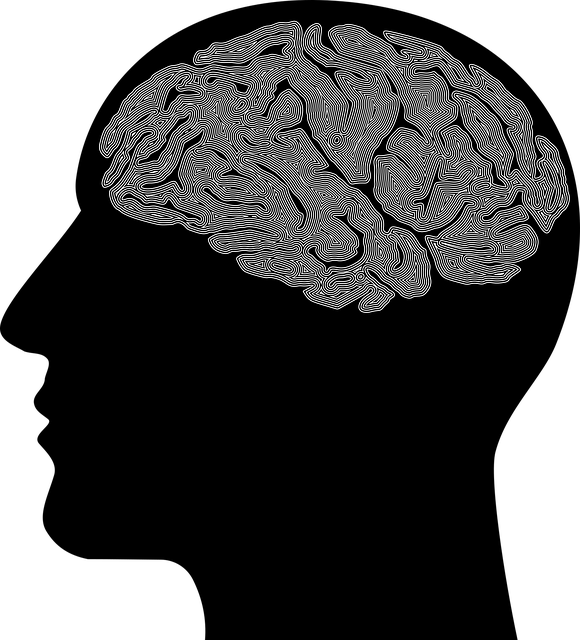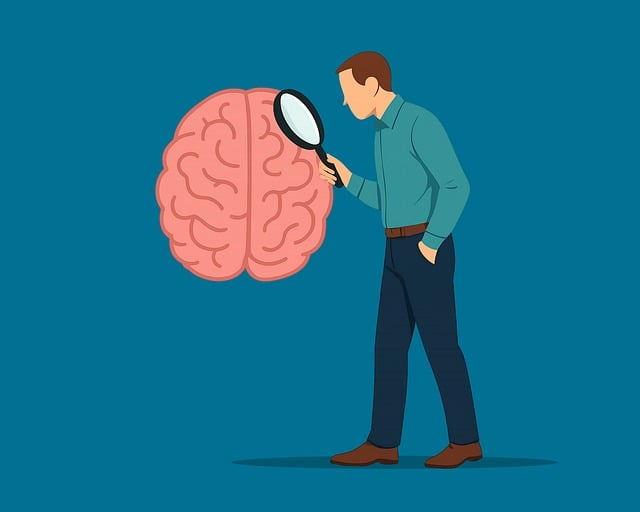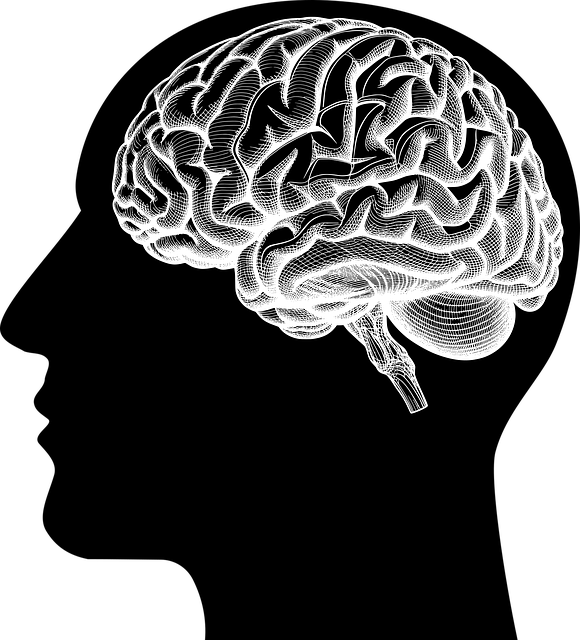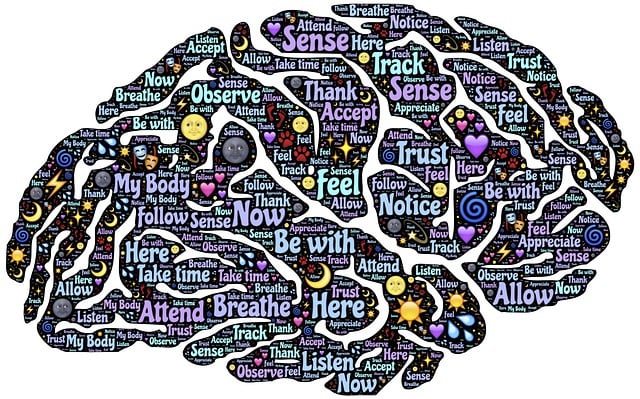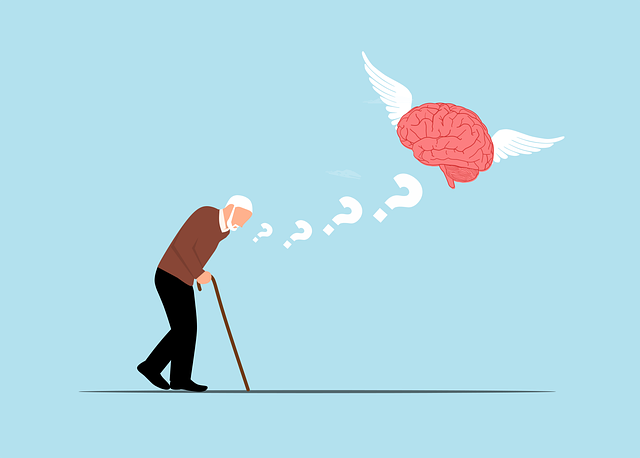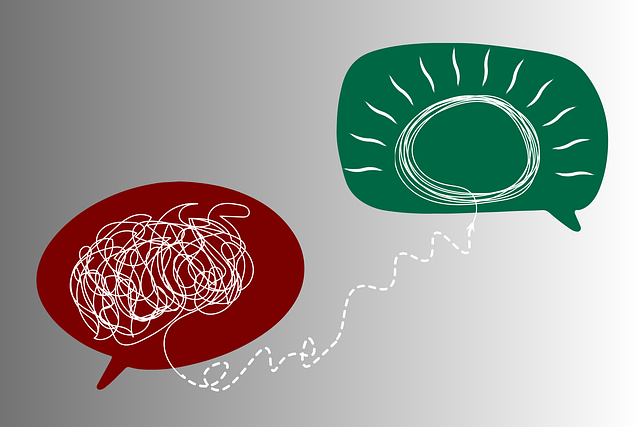Aurora Eating Disorders Therapy offers a comprehensive, harm minimization approach to treating eating disorders, focusing on individual risk assessment, inner strength development, and mental wellness coaching. Their multi-faceted program addresses symptoms and root causes through evidence-based practices like cognitive behavioral therapy and mindfulness. Specialized training for therapists ensures effective treatment of complex conditions like anorexia nervosa, bulimia, and binge eating disorder, while ongoing support allows for dynamic treatment adaptation based on client progress. By integrating trauma support services and advocating for holistic care through mental health policy analysis, Aurora aims to empower individuals in recovery and facilitate sustainable positive change.
Risk assessment and harm minimization planning are crucial components of effective Aurora eating disorders therapy. This comprehensive guide explores how the Aurora approach integrates these strategies to ensure patient safety and well-being. We delve into understanding risk assessment, implementing tailored harm minimization techniques, and the vital role of professional training and ongoing support in managing complex cases. Discover how Aurora Eating Disorders Therapy revolutionizes treatment, fostering a nurturing environment while navigating the challenges of eating disorders.
- Understanding Risk Assessment in Eating Disorder Therapy at Aurora
- Implementing Harm Minimization Strategies: A Comprehensive Approach
- The Role of Professional Training and Ongoing Support in Aurora Eating Disorders Therapy
Understanding Risk Assessment in Eating Disorder Therapy at Aurora

At Aurora, understanding risk assessment is a cornerstone of our eating disorder therapy approach. We recognize that each individual’s journey with eating disorders is unique, necessitating a comprehensive evaluation of potential risks and triggers. Our therapists are trained to identify red flags, past traumas, and current stressors that could exacerbate symptoms or lead to relapse. This holistic perspective involves delving into the client’s psychological, social, and emotional landscapes to tailor interventions effectively.
Through rigorous risk assessment, Aurora aims to empower individuals in their recovery process. We promote Inner Strength Development and Confidence Boosting strategies as part of our therapy programs, focusing on building mental resilience and healthy coping mechanisms. Additionally, our Mental Wellness Coaching Programs are designed to support long-term recovery by fostering self-care habits, improving communication, and enhancing overall well-being. By addressing these aspects, Aurora strives to minimize harm and facilitate sustainable positive change in the lives of those navigating eating disorders.
Implementing Harm Minimization Strategies: A Comprehensive Approach

Implementing harm minimization strategies is a crucial aspect of Aurora Eating Disorders Therapy, aiming to prevent and reduce potential risks associated with eating disorders. This comprehensive approach involves a multi-faceted strategy that addresses not just symptoms but also underlying causes. By integrating mental wellness coaching programs and empathy building strategies, therapists can empower individuals to develop inner strength and healthier coping mechanisms.
The process begins with a thorough assessment of the individual’s current state, including their emotional, psychological, and physical well-being. This information is then used to tailor a personalized harm minimization plan that focuses on gradual, sustainable changes. These strategies may include cognitive behavioral therapy techniques, mindfulness practices, and lifestyle modifications designed to foster mental wellness coaching programs development. Through this holistic approach, Aurora Eating Disorders Therapy seeks to not only minimize immediate risks but also to nurture long-term inner strength development and improved emotional resilience.
The Role of Professional Training and Ongoing Support in Aurora Eating Disorders Therapy

In the context of Aurora Eating Disorders Therapy, professional training and ongoing support are paramount to effective treatment and harm minimization. Therapists play a crucial role in providing evidence-based interventions tailored to address complex eating disorders, such as anorexia nervosa, bulimia, and binge eating disorder. This specialized training equips practitioners with the skills to navigate the intricate challenges associated with these conditions, which often have deep roots in trauma, low self-esteem, and underlying mental health issues.
The ongoing nature of support is equally vital. Regular sessions facilitate continuous assessment, allowing therapists to adapt treatment plans as clients progress. This dynamic approach ensures that interventions remain relevant and effective, addressing evolving needs. Furthermore, integrating Trauma Support Services within the therapeutic framework can significantly enhance outcomes by addressing the profound psychological impacts of trauma, which are commonly co-morbid with eating disorders. Through dedicated training in mental health policy analysis and advocacy, therapists can also ensure that clients receive holistic care that aligns with current best practices and advocates for their rights within the broader Mental Health Policy landscape.
Aurora’s approach to eating disorder therapy demonstrates a comprehensive understanding of risk assessment and harm minimization. By integrating professional training, ongoing support, and strategic interventions, Aurora ensures a safe and effective environment for individuals navigating these complex disorders. This holistic strategy not only minimizes risks but also fosters healing and recovery in the context of Aurora Eating Disorders Therapy.
